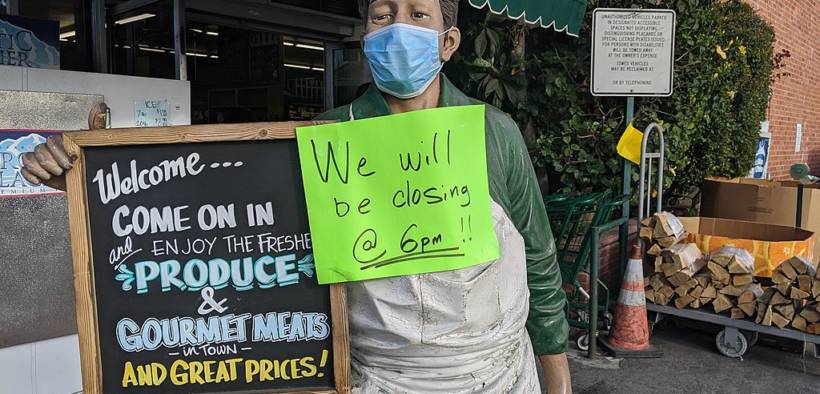Economic Effects of COVID-19 Hit US Hourly Workers Hard

While the economic fallout of the COVID-19 coronavirus crisis is not yet fully understood, it is safe to say that the effects will be severe. Around the world, governments are providing bailouts and promising to pay portions of employees’ wages, but to varying degrees.
What is becoming clear is that your financial situation during this time is greatly affected by the country in which you happen to live, and this is more true for minimum-wage and hourly workers than anyone else. Those in the United States, it seems, are having a particularly hard time.
Wait staff in Copenhagen Amsterdam are paid a large percentage of their usual salaries. In some cases, their employers are able to make up the rest of their usual earnings. Conversely, food servers in New York are wondering how they’ll be able to buy groceries or pay the rent next month.
Those Who Need Most Sick Days Have Least
Senior Economic Policy Institute (EPI) economist Elise Gould recently wrote of how just 30% of US minimum-wage workers have the ability to accrue paid sick days. A large number of these are in the food industry, and have direct and frequent contact with the public.
In other words, they are likelier than most to fall ill and require time off – and less likely to be able to take it. And that’s for those who are still working; many have been forced to stop since dining establishments shuttered and are not earning at all.
Insurmountable Medical Costs
While it’s true that many health insurers have waived the co-payment for the COVID-19 test, those who need medical attention still have to pay for the treatment themselves. Recently, Time noted that one uninsured worker is now expected to foot her $34,927.43 bill herself. Once again, the largest group of people who will probably need this kind of care – hourly workers – is the one who will not be able to afford it.
COVID-19, Minimum Wage and the 2020 Election
The coronavirus pandemic is affecting the 2020 United States Presidential race in several ways, including the debate about the minimum federal wage. Currently, this is set at $7,25 per hour although official Democratic candidate Joe Biden has called for this to increase to $15 for some time.
The cry for a federal minimum wage hike was a common one among several Democratic hopefuls, so it makes sense that Biden has continued to make its case. In addition to aligning with much of his platform, it’s also in direct contrast to President Donald Trump’s views.
Trump said last year that he was considering the proposed increase, but this appears to have stalled completely now – ironically, in the face of the COVID-19 outbreak. He’s also been typically unreliable in giving his position, saying he would not move the $7,25 minimum in some instances, and saying he’d raise it to $10 in others.
The virus and shelter-in-place measures have undoubtedly affected the current presidential race. While Trump appears on daily television broadcasts in his capacity as POTUS, Biden has struggled for airplay and attention. In the absence of rallies, Biden has had to hire a new campaign manager to tackle Trump on different ground. Reviving the minimum wage debate could incite stronger support from those who are struggling the most with our new reality, and could be a strategic move for Biden to make.







